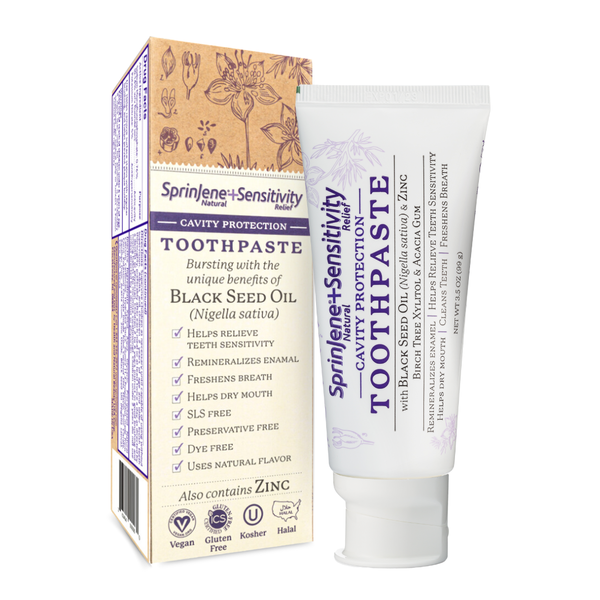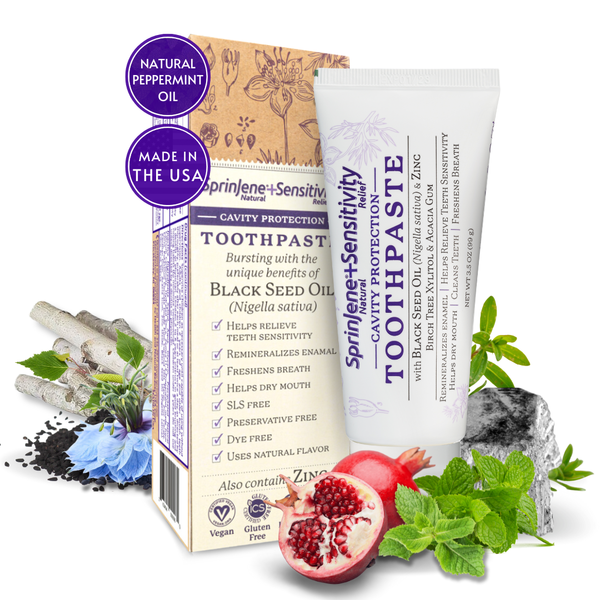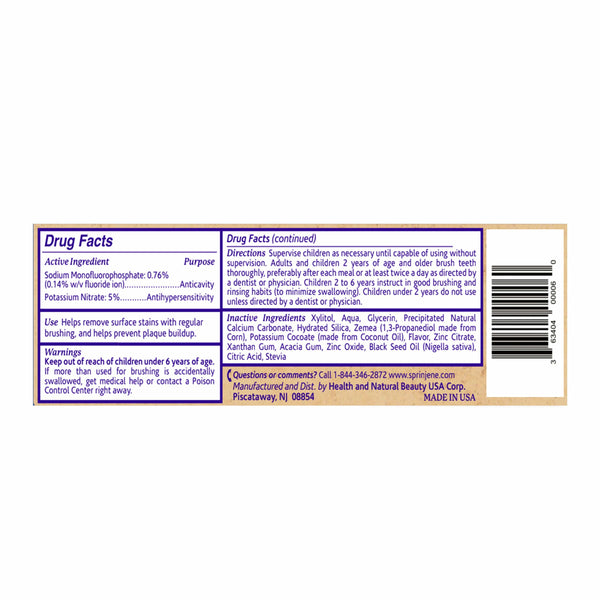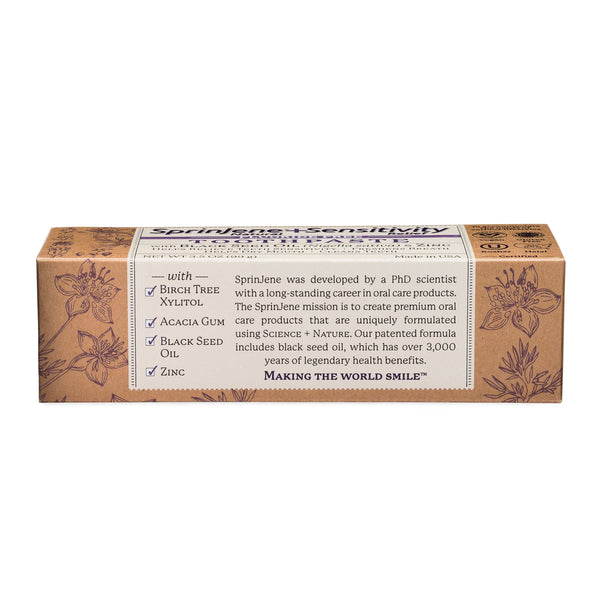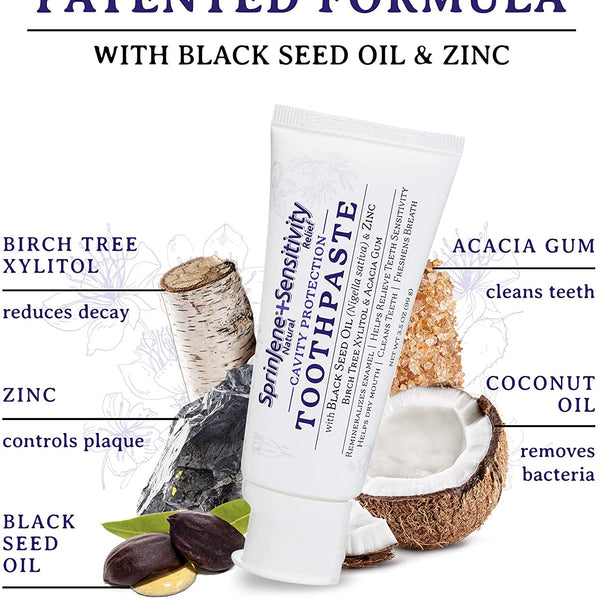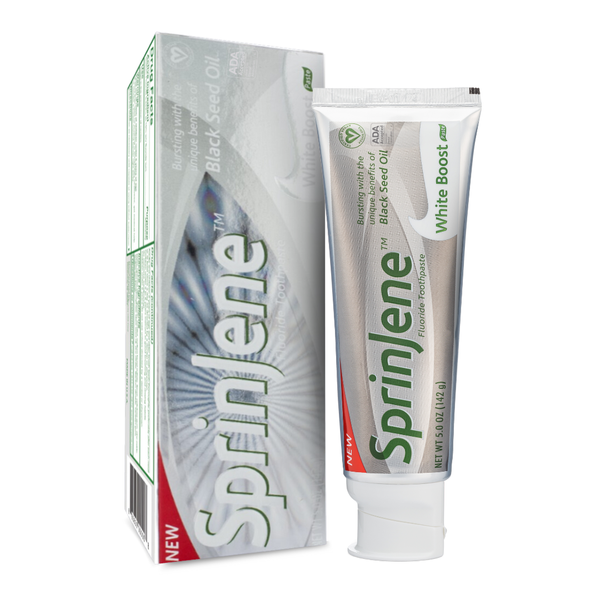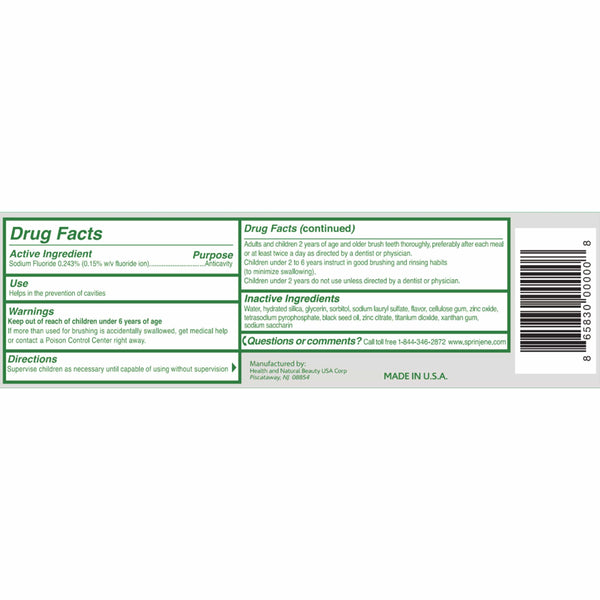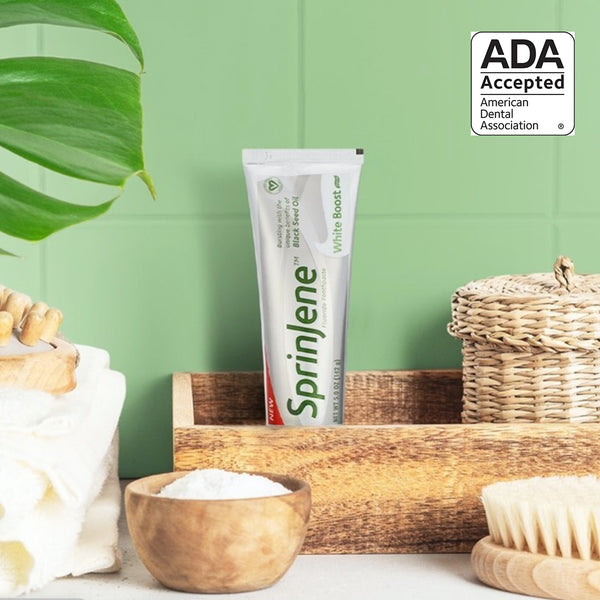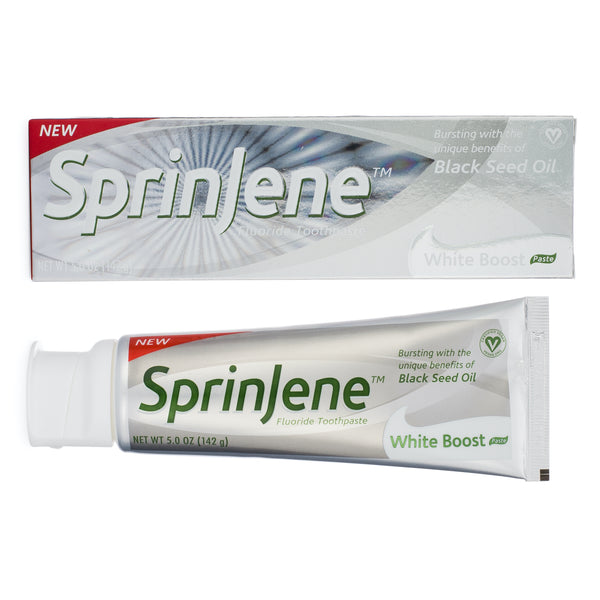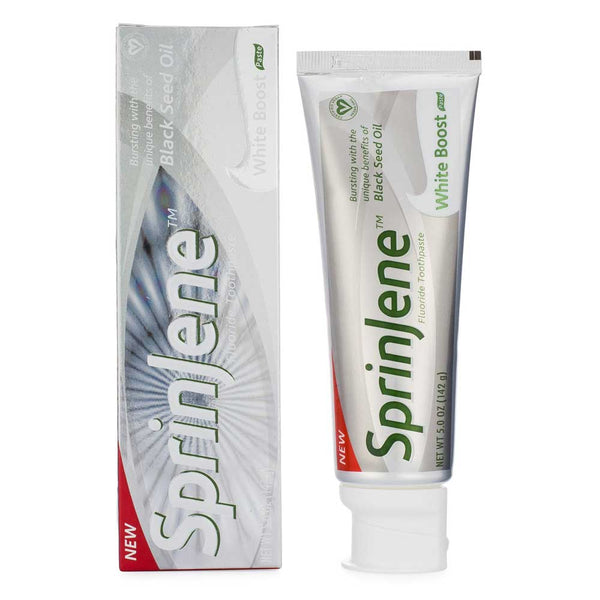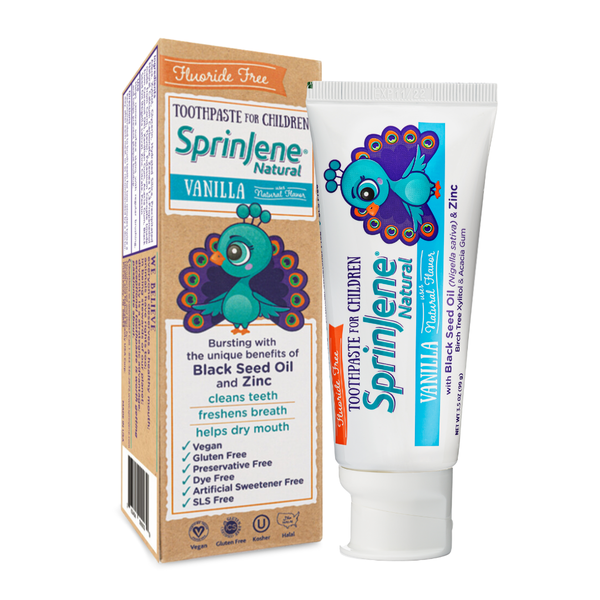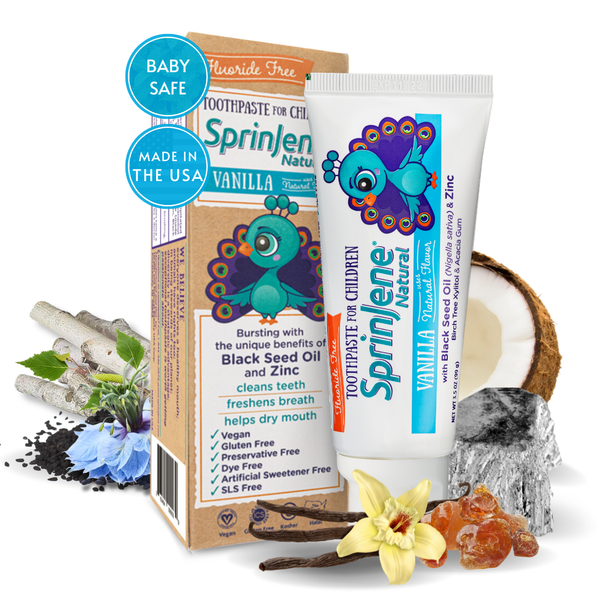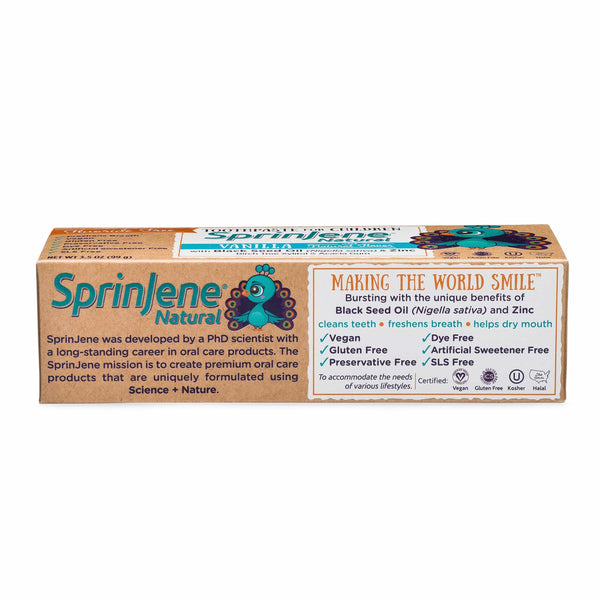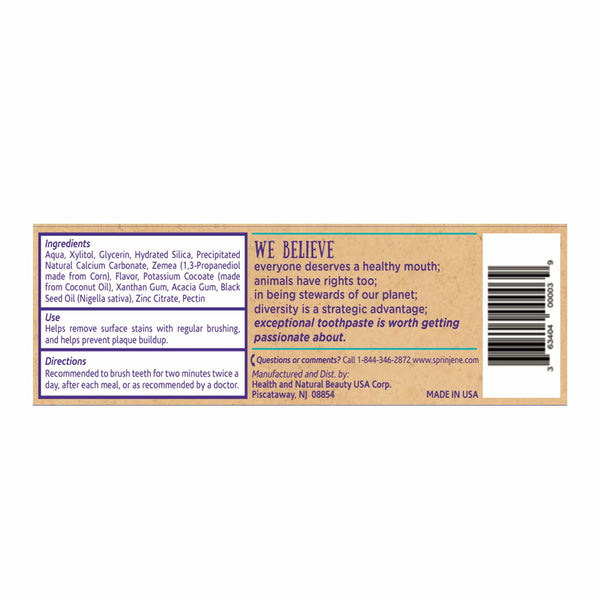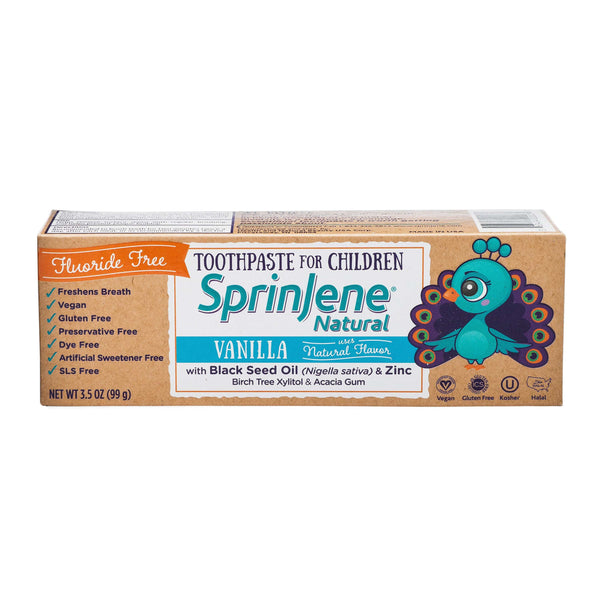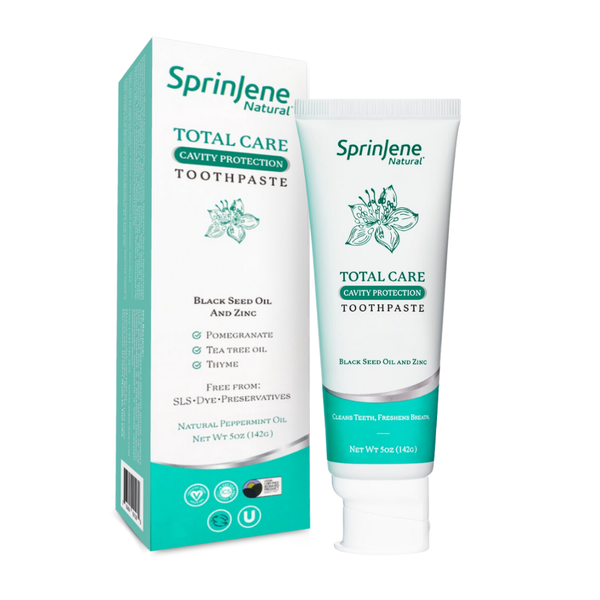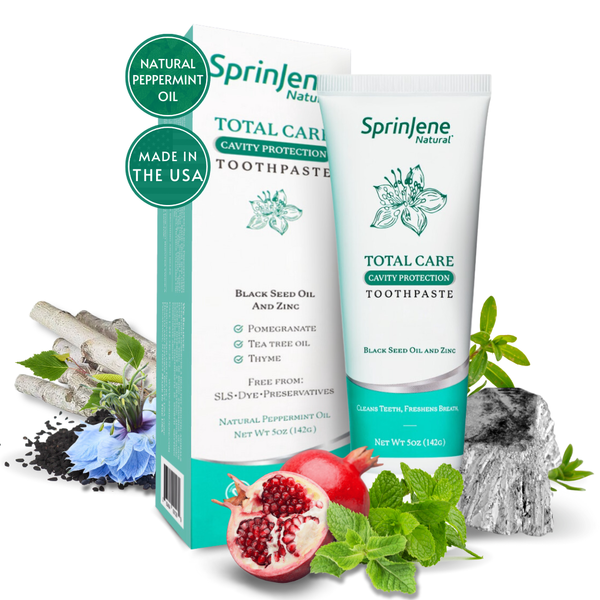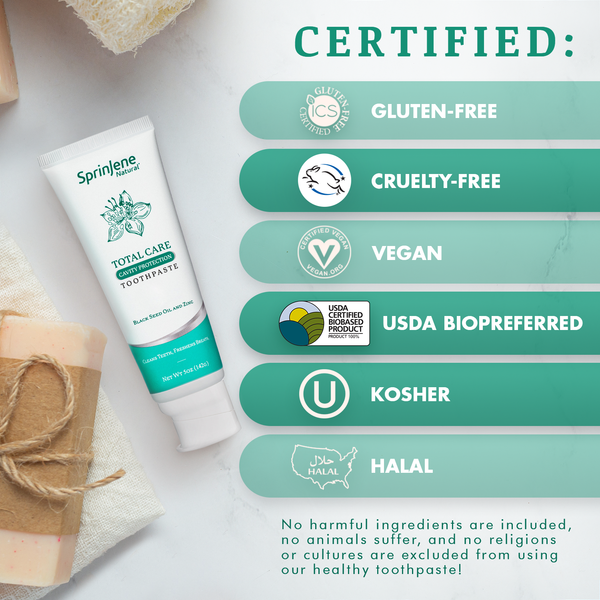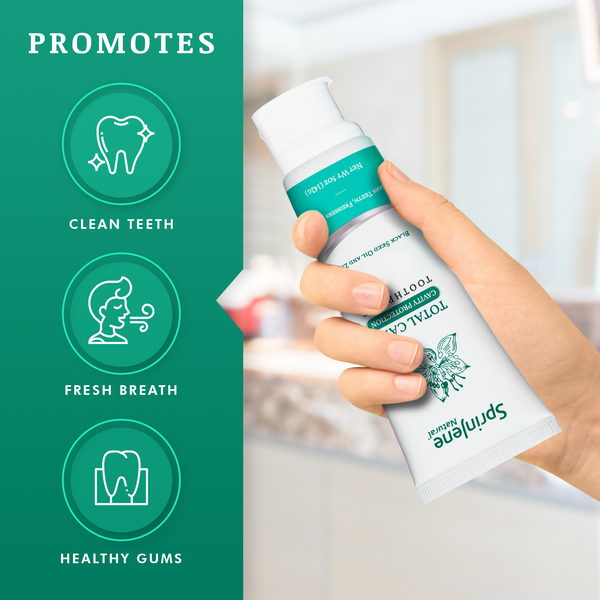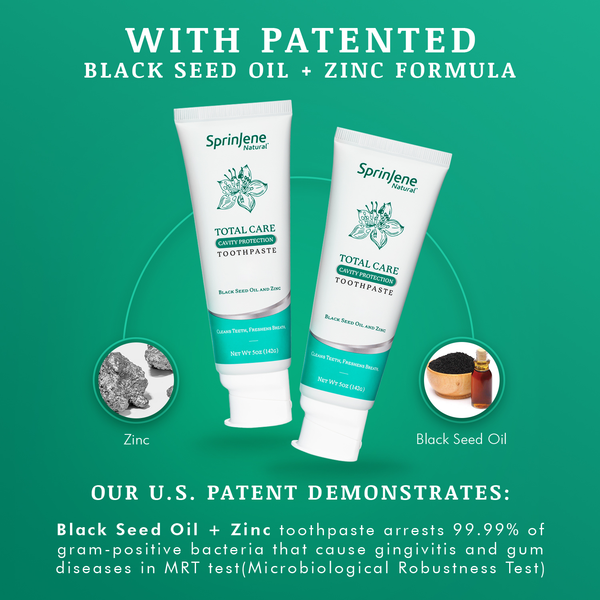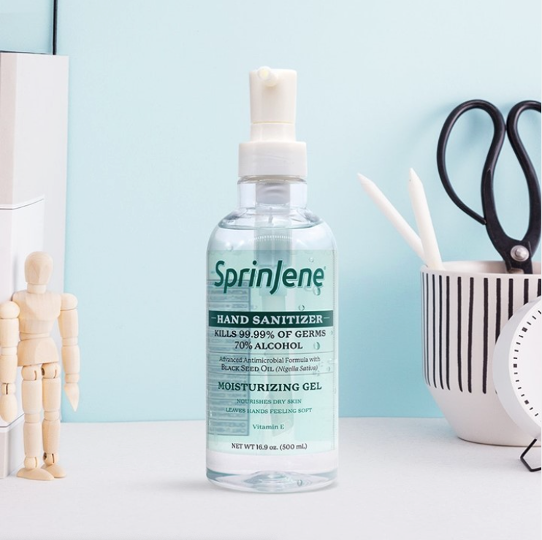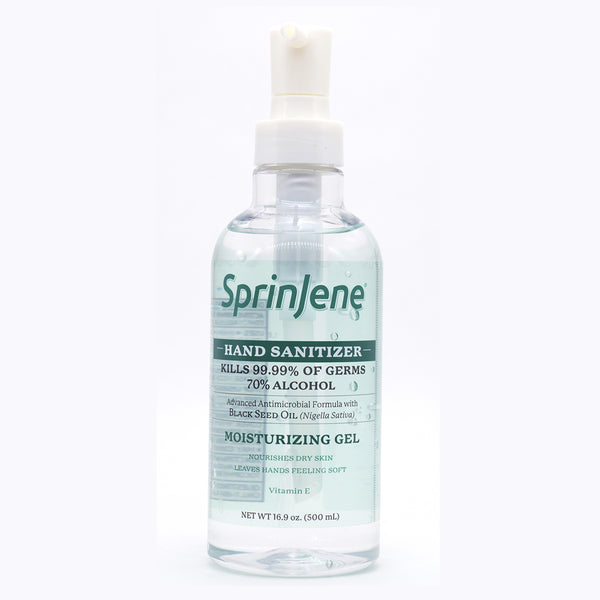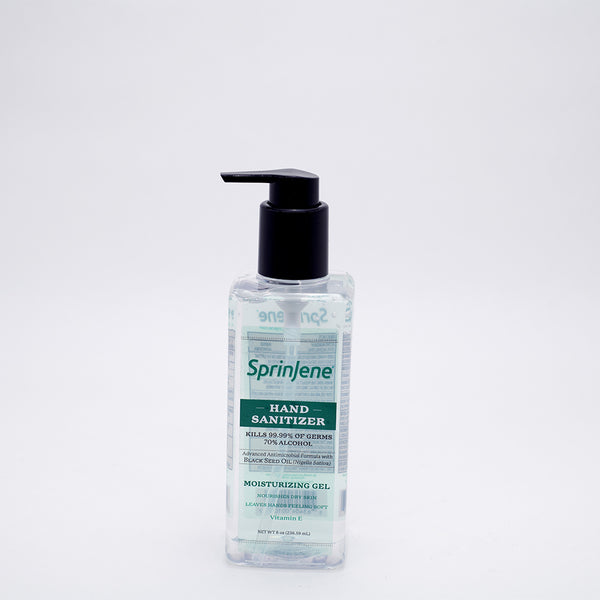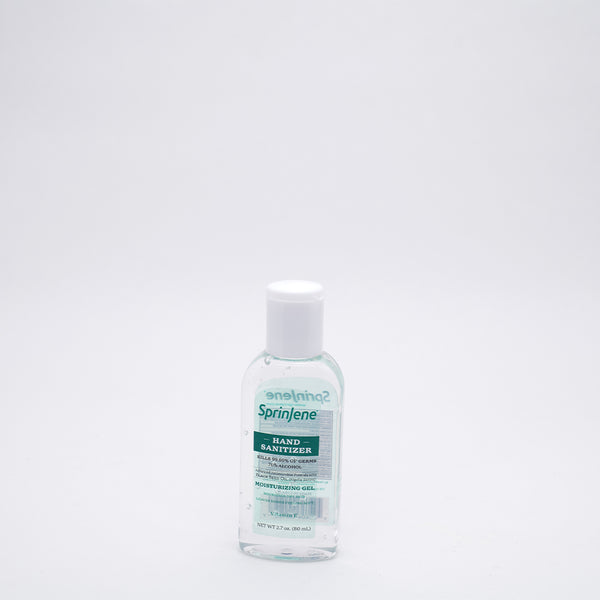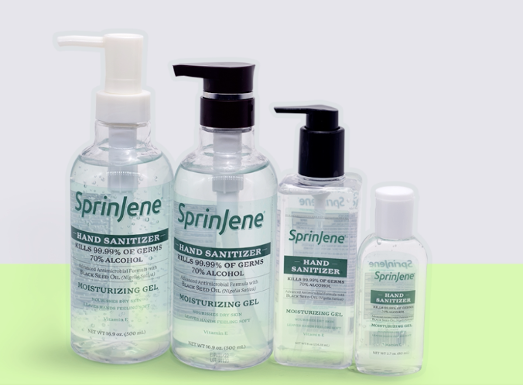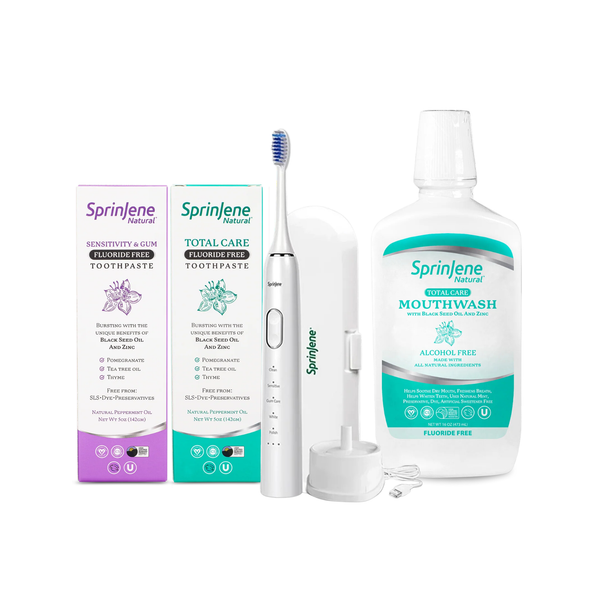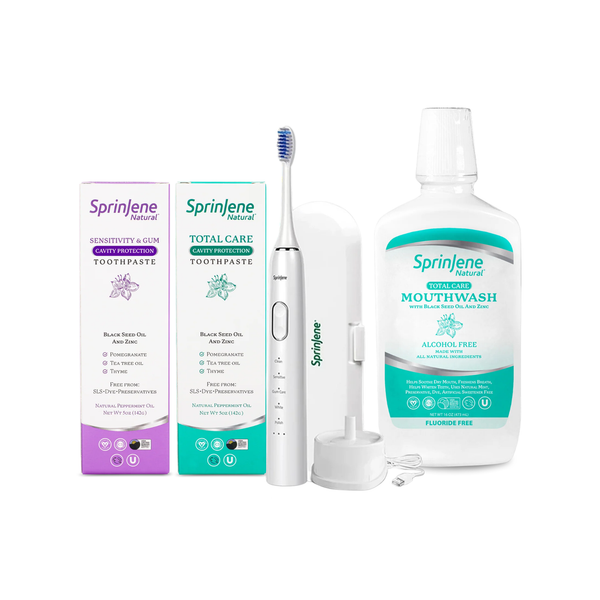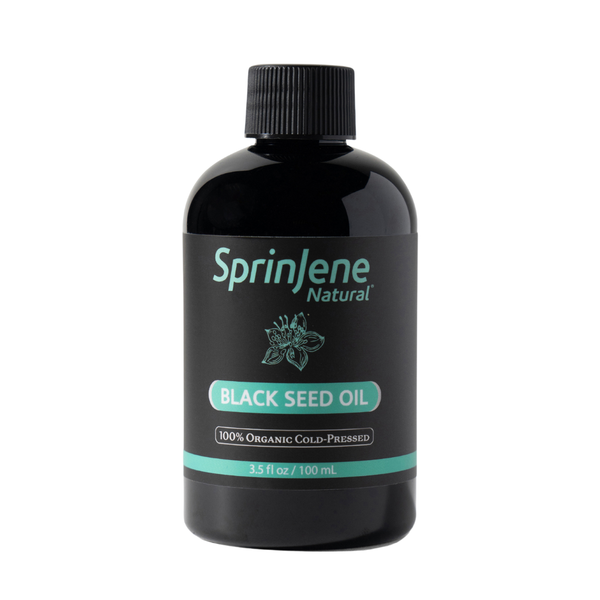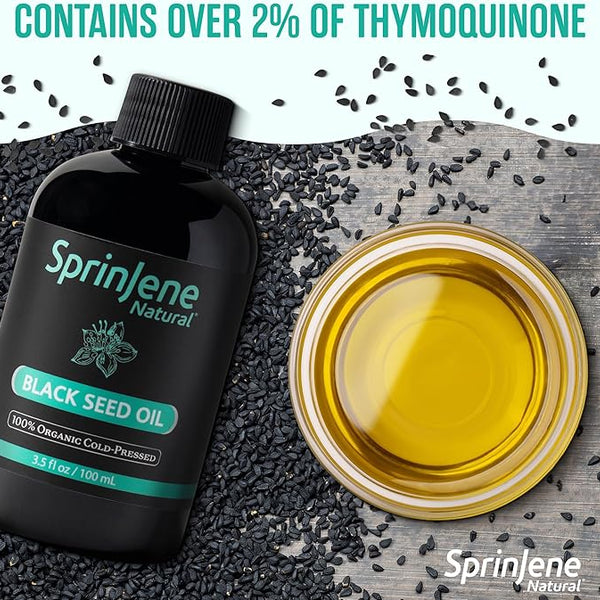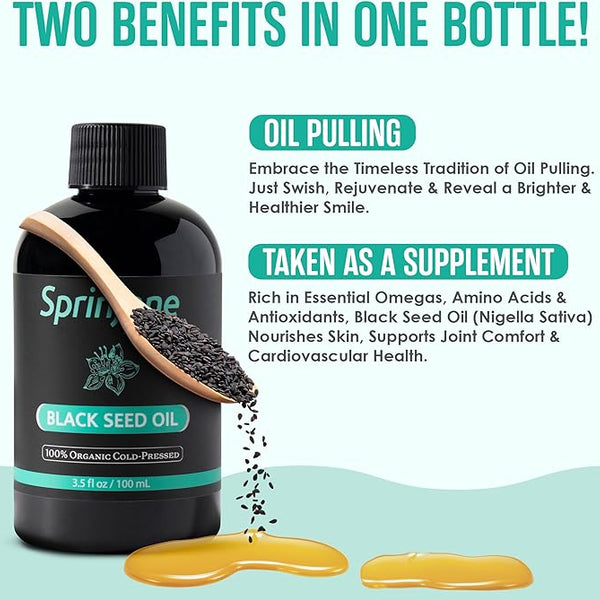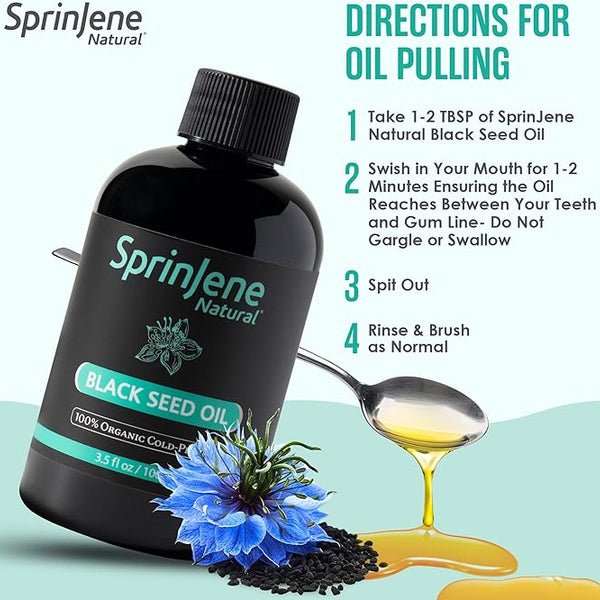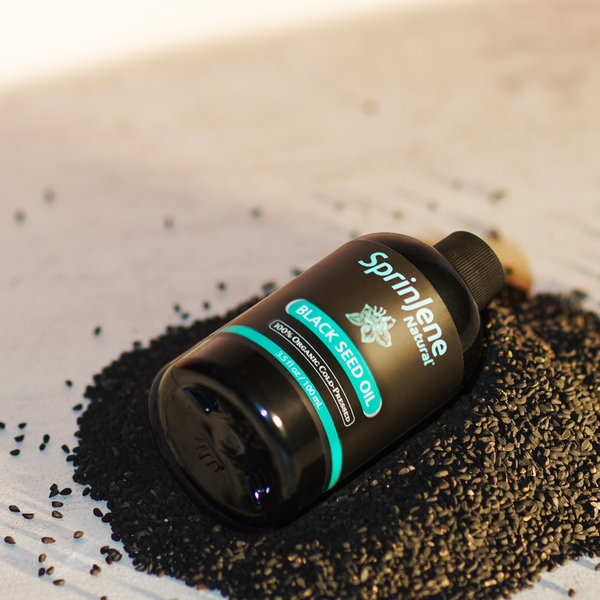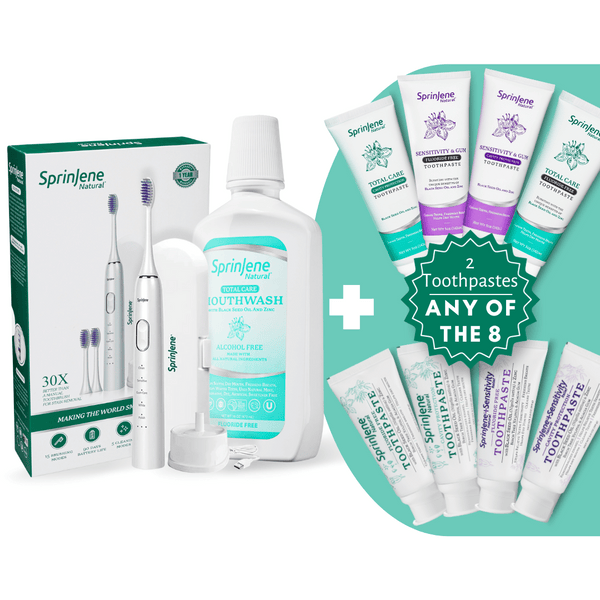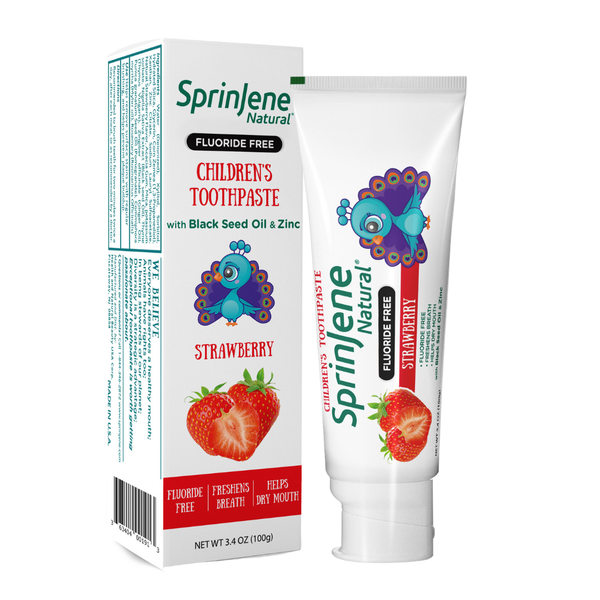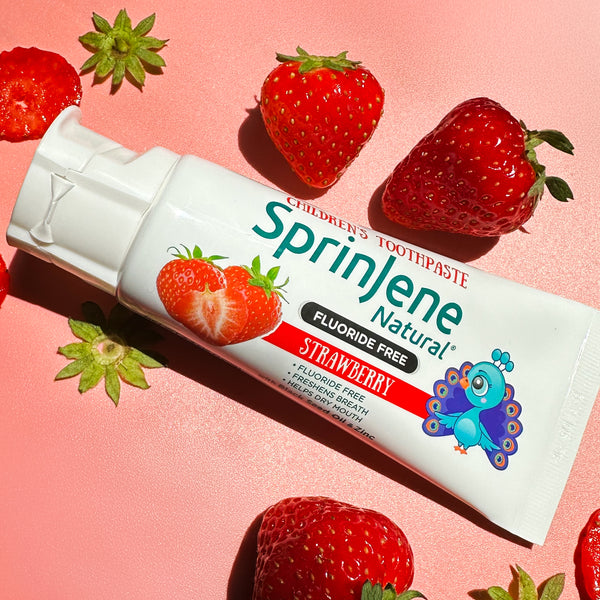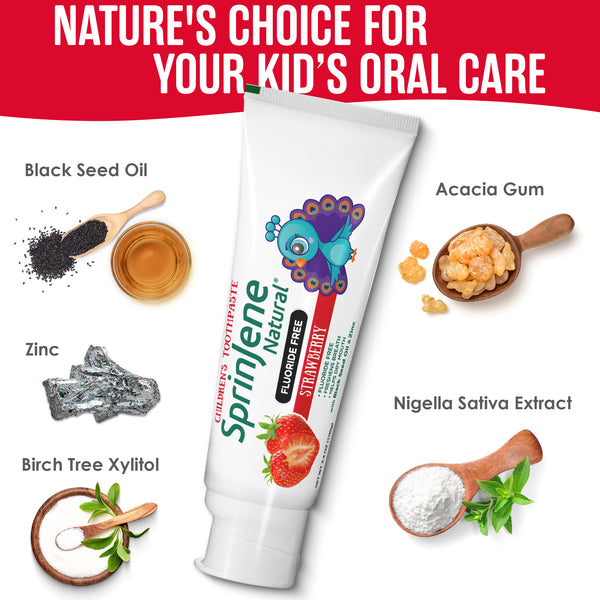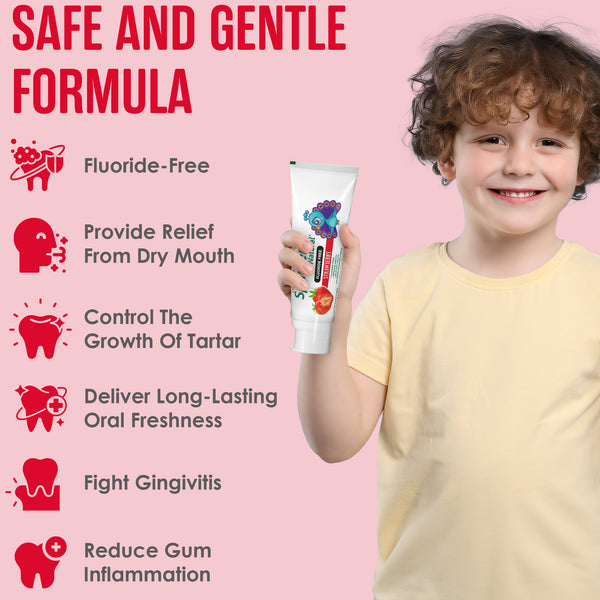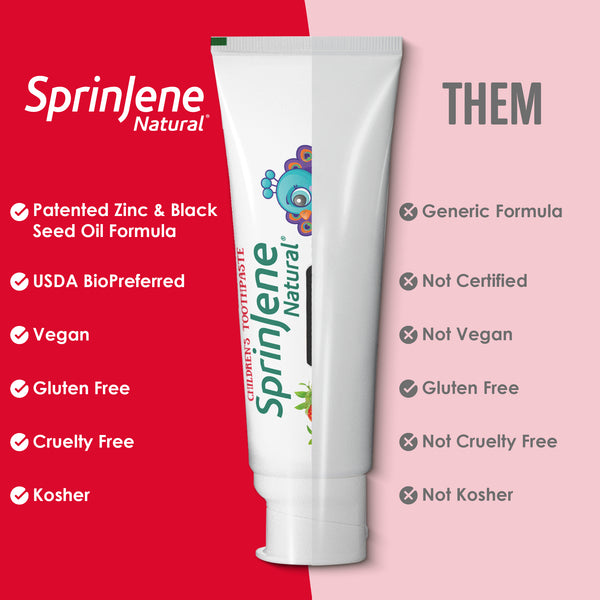
When you have sensitive teeth, certain activities, such as brushing, eating and drinking, can cause a sharp, temporary pain in your teeth. Sensitive teeth are typically the result of eroded tooth enamel or exposed tooth roots. Sometimes, however, tooth sensitivity is caused by other factors, such as a cavity, a cracked or chipped tooth, a worn out filling, or gum disease.
If you're troubled by sensitivity in your tooth, you should visit a dental professional so that they can rule out the cause. Depending on the circumstances, your dentist might recommend one of the following treatment options:
- Desensitizing toothpaste. After several applications, desensitizing toothpaste can help block the pain associated with sensitive teeth. There are a variety of products available over-the-counter in different brands and types, you can decide which one would suits you best as long as it contains Potassium Nitrate which is the active ingredient against hypersensitivity
- Your dentist might apply fluoride varnish to the sensitive areas of your teeth to strengthen tooth enamel and reduce pain. They might also suggest the use of prescription fluoride at home, applied using a custom tray that you can insert at home for 15-20 minutes last thing before going to bed.
- Desensitizing or bonding.Occasionally, exposed root surfaces can be treated by applying bonding resin to the sensitive root surfaces. This protects the nerve endings and reduce pain and discomfort. A local anesthetic might be needed before this procedure.
- Surgical gum graft.If your tooth root has undergone gum recession causing root exposure, a small amount of gum tissue can be taken from elsewhere in your mouth and attached to the affected site. This can protect exposed roots and hence reduce sensitivity.
- Root canal.If your sensitive teeth cause severe pain and the other less invasive treatments aren't effective, your dentist might recommend a root canal. This procedure is used to treat the core of the tooth, which is the dental pulp. This contains all the nerve endings and the vessels. Once cleaned out after a root canal, the tooth is essentially dead and consequently feels no pain. While this might seem like an aggressive treatment, it is considered the most successful technique for eliminating tooth sensitivity.
It is also advised to take care when eating or drinking acidic foods and beverages, such as carbonated drinks, citrus fruits and wine all of which can erode small amounts of tooth enamel over time. When you drink acidic liquids, use a straw to limit contact with your teeth. After eating or drinking an acidic substance, drink water to neutralize the acid levels in your mouth.
To prevent sensitivity in teeth from recurring, it is stressed that you should brush your teeth twice a day with a soft-bristled toothbrush and a good quality fluoride toothpaste and floss daily. Use gentle strokes, rather than vigorous or harsh scrubbing, and avoid using an abrasive toothpaste as this can cause abrasion and more tooth wear as well as cause the gums to thin out exposing root surfaces even more. If you grind your teeth, ask your dentist about a mouth guard. Tooth grinding can cause abfraction as well as tooth fracture causing sensitivity in teeth.
Natural Toothpaste for Sensitive Teeth
Although there are hundreds of tooth paste brands and many which are recommended for tooth sensitivity, there is one brand that is exceptional and stands out among others. This toothpaste is 100% natural and is chemical free therefore completely nontoxic for you and your family and without any side effects. It is made from a specialized patented black seed formulation as thymoquinone present in black seed has been studied and reported to be have innumerable health benefits. It has been used for centuries as a medicament for healing wounds, boosting immunity as well as being an excellent anti-bacterial, anti-fungal, anti- inflammatory and anti-oxidation agent. All these properties make it ideal for oral health use.
SprinJene Natural Toothpaste comes in two varieties for sensitivity
- With fluoride
- Fluoride free
Ideally it is best to use a toothpaste that contains fluoride but in some cases fluoride is contraindicated. In such patients the fluoride free toothpaste would be ideal to treat sensitivity.
SprinJene Natural Toothpaste for Sensitivity relief has the active ingredients Potassium Nitrate (5%) for ant hypersensitivity and Sodium Monofluorophosphate (0.76%). These are what give the tooth paste antihypersensitity protection. The other benefits of SprinJene tooth paste are that they are all free from harmful chemicals which are generally present in commercial tooth pastes such as:
- Sls (Sodium Lauryl Sulphate)
- Artificial preservatives and dyes
- Animal by products
- Saccharin
Along with all these benefits SprinJene Natural Toothpaste varieties are certified Kosher, Halal, Vegan, Gluten free and Cruelty free.




